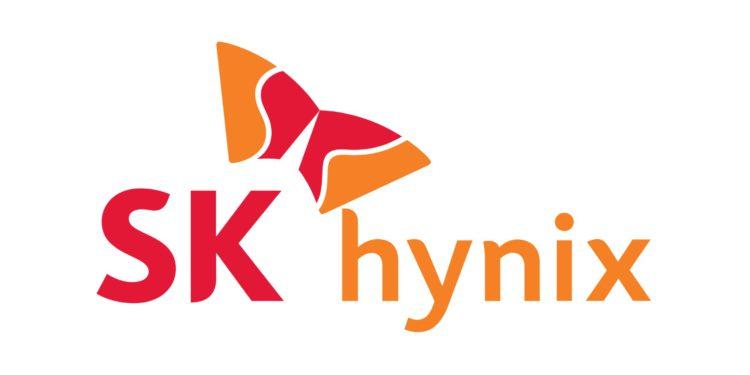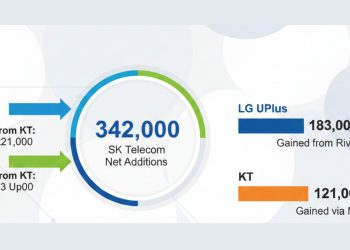SK Hynix, the world’s second-largest memory chip maker, announced an investment of 103 trillion won ($74.6 billion) through 2028 to support its chip business, which will focus on artificial intelligence (AI). With the investment, SK Group, the parent company of SK Hynix, aims to secure 80 trillion won by 2026 to support AI and semiconductor advancements and shareholder returns.
In addition to the $74.6 billion for the chip sector, SK Group is also setting aside an additional $57.8 billion for AI-related technologies and streamlining its extensive portfolio of over 175 subsidiaries.
Following a two-day strategy meeting, South Korea’s SK Group has outlined an ambitious plan to revive its operations after losses in its primary revenue streams, SK Hynix and its electric vehicle battery arm. The conglomerate aims to enhance its competitiveness by focusing on its AI value chain. It includes high bandwidth memory (HBM) chips, AI data centers, and AI services like personalized assistants. SK Group Chairman Chey Tae-won emphasized the need for “preemptive and fundamental change” to stay competitive.
The company also plans to streamline its operations by reducing the number of subsidiaries from over 175 to a more manageable range. It includes potential mergers and divestments to align with the group’s targets and ambitions. Local media reports suggest that SK Innovation, which owns the country’s largest oil refiner and battery maker, SK On, might pursue a merger with the profitable gas affiliate SK E&S.
In addition to the $74.6 billion for AI and semiconductor investments, SK Group had previously allocated $90 billion for a new mega fab complex in Gyeonggi. The latest investments will further help SK Hynix’s AI semiconductor manufacturing capabilities, aiming to improve the company’s standing in the global market.
SK Group anticipates a financial turnaround with a profit before tax of around 22 trillion won this year, a notable recovery from last year’s losses. The group’s goal is to reach 40 trillion won in profit before tax by 2026. This optimistic outlook comes as South Korea strives to maintain its edge in the semiconductor market, where it faces stiff competition in areas such as chip design and contract manufacturing.
Earlier this year, the South Korean government announced a 26 trillion won ($19 billion) support package for the semiconductor industry, emphasizing the need to stay competitive amid global competition. It intended to boost the country’s capabilities in chip design and manufacturing to keep pace with rivals and address the global demand for advanced chips, particularly those used in AI applications.
The increased investment in AI and semiconductor technologies is also seen as a response to similar massive funding efforts by the U.S., China, and the European Union to boost their chipmaking infrastructures.
Also Read:
- SK Hynix Unveils High-Speed PCB01 SSD for AI PCs
- Hyundai Glovis to Invest $6.5 Billion by 2030, Aiming for $31.3 Billion in Sales
- South Korea and U.S. Strengthen Semiconductor Ties with New Cooperation Initiatives
- Galaxy Z Fold6 and Z Flip6 to Debut at Samsung’s Paris Unpacked Event
- KT Corp Accused of Infecting P2P Users with Malware to Curb Traffic







